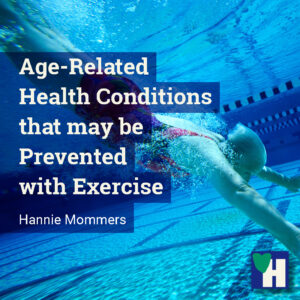
Moving to a warmer climate did a great deal of good for my arthritis. And so did my exercises. Not just the specific exercises for my hands, but also the stretching, weight training, swimming, and walking.
There are 4 age-related health conditions that figure in my exercise zone: arthritis, cancer, heart disease, and mental health conditions.
My diverse routine exercise program, with cardiovascular exercise, strength training, and stretching, is aimed at preventing these conditions to materialize or worsen.
Due to the current pandemic, I added a fifth health condition to my list: COVID-19. This is the disease you get from the SARS-CoV-2-virus. This disease is specifically dangerous for frail and vulnerable people. And it made me realize even more that exercise also strengthens our immune system. The best prevention against any virus.
Some of the links are affiliate links. As an affiliate associate, we earn a commission when you purchase any of the products offered through the shared links at no extra cost for you. This helps us maintain this website.
Table of contents
Arthritis, cancer, heart disease, mental illnesses such as depression and dementia can all be prevented or be less severe if we exercise a lot. This doesn’t have to be a fierce endurance sport. Daily walking, cycling, or swimming in a way that makes us pant lightly improves our general fitness.
Arthritis
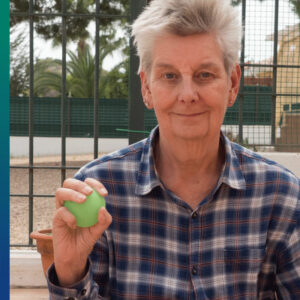
Arthritis is a typical example of an age-related health condition. It’s progressive and chronic and often emerges gradually when we get old. There are a number of types of arthritis. The one I suffer from is called osteoarthritis.
This can be caused by one of the following three conditions:
- previous joint injury;
- abnormal joint or limb development;
- through hereditary transmission.
Overtraining is a common cause for otherwise healthy people. Perhaps as a teenager, we have overtrained in a particular sport. Overtraining causes tremendous joints, muscle, ligament, and bone stress.
Use it or lose it

When you grow older and decide not to exercise at all, as a consequence, you will lose muscle and bone strength. Mobility, motility, and stability will also decrease. This creates a perfect environment for inflammation and stiffness of the joints to flare up. This will ultimately limit your ability to function without pain.
Arthritis afflicts thousands of older people and it is the leading cause of disability. Prevention is everything. Avoid overuse of muscles and joints. However, do commit yourself to regular exercise and workouts. Even at old age.
Include lots of stretching before and after exercise. This helps to increase the elasticity and flexion of your ligaments. Ultimately it will also leave your body flexible and stronger. Keep your weight in check. This helps to deter this annoying and often painful disease and it will alleviate the consequences.
Related: Healthy Lifestyle: Exercising without the Gym is not Difficult
Cancer

Research shows that exercise is one of the more important preventive actions we can take to guard ourselves against a diverse range of cancers.
Fact is, up to 33% of cancer-related deaths are associated with an unhealthy lifestyle and obesity, including colon and breast cancer.
The Huffington Post reports women who exercise regularly can lower their risk of breast cancer by up to 40%!
The trigger of breast cancer is the high level of estrogen in the blood. Women that exercise regularly have lower levels of estrogen. That’s a pretty good reason to prioritize our time to exercise.
Heart Disease
Our heart is a muscle. When it’s in shape, it is able to effectively pump blood through the body with less effort than when we’re a certified couch potato. Exercise helps our blood vessels and arteries to stay flexible. This means that we will have a smooth blood flow, and are able to maintain sufficiently low levels of blood pressure and a healthy cholesterol level.
The American Heart Association argues that a minimum of 30 minutes of exercise a day will considerably reduce your risk for cardiovascular disease.
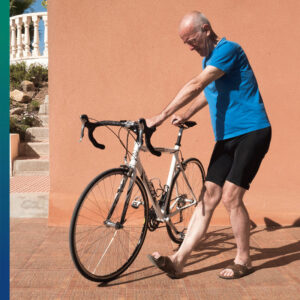
Of course, it’s always wise to check with a healthcare provider before you start a new exercise regimen. This is important because in case of an underlying condition you will have to modify your routine.
Mental Health Conditions
The American Psychological Association explains that, until a couple of years ago, psychologists rarely included regular exercise in their treatment programs for mental health conditions. Fortunately, this is gradually changing.
Experts emphasize that the connection between our exercise regimen and our mental health is pretty well defined and can no longer be ignored. Natural endorphins’ main function is to regulate pain levels and to boost feelings of pleasure. These feelings of pleasure are, for instance, caused by running (runner’s high), listening to music, and eating appetizing food.
Many experts are also convinced that exercise helps to mitigate anxiety and depression by boosting serotonin levels. Serotonin is a neurotransmitter, regulating many brains and other physical functions. This is probably why exercise also strengthens the brain.
COVID-19 and the SARS-CoV-2-virus
Everyone is susceptible to infection with the SARS-CoV-2 virus and is contagious after infection. However, not everyone gets the COVID-19 disease after infection with this virus. Moreover, the effects of the disease are mild in about 80% of the people who got the disease.

The average person dying of COVID-19 disease has 3.4 afflictions. Almost 100% of those who died of COVID-19 had another, potentially lethal, disease. The problem is of course that as long as we feel healthy, we never know for sure whether a serious disease hides in our body.
Although systematically downplayed by governments and health authorities, exercise, more in general, a healthy lifestyle, is an excellent way to strengthen our immune system and prevent virus attacks.
According to the Harvard school of public health, the cost of preventing the next pandemic is 2% of the cost we’re paying for COVID-19. On an individual prevention level, they recommend a healthy diet, being physically active, managing psychological stress, and getting enough sleep.
Many governments have chosen to also close the gyms during a lockdown measurement. Erik Scherder, professor of neuropsychology, advises against that immobility time and again. He calls sitting-a-lot the pandemic of physical inactivity and regularly sets up campaigns to encourage people to exercise more.
The bottom line is, prevention is everything, and we can’t turn back time.
Let’s remind ourselves though that we don’t have to run marathons or train vigorously for 5 hours a day. 30 Minutes of regular vigorous activity, like walking, cycling, or aerobics 5 days a week can go a long way to improve our overall physical and mental health. In the long run, this will also prevent chronic illnesses when we grow old.
It’s very important that we schedule regular exercise in our day-to-day program. This enables us to live our lives in an optimal way for a long, long time. By the way, it is never too late to start to exercise, no matter how old we are!
How do you prevent age-related health conditions? Let us know in the comment box.
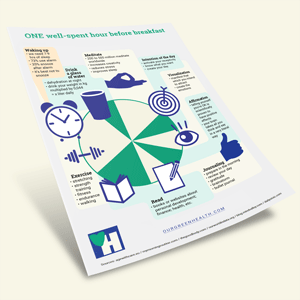

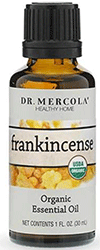
That’s very interesting… The cost of preventing the next pandemic is 2% of the cost of treating the current one! It just makes sense really.
The more we can ‘use it’ instead of ‘losing it,’ the better the quality of our lives will remain. And for me, this is the most important consideration…. I want to live out my remaining days in the best possible condition, mentally, physically, and emotionally. After all, the quality of our lives is a choice we are deciding on many times each day…. Should I exercise or sit on the couch, should I go for a walk in nature or visit my friend who is always complaining, and should I eat this healthy food that nourishes my body or the highly processed stuff that just barely keeps me alive?
Choosing a better way of living to enhance our experience just makes sense to me.
Thanks for sharing 🙂
Exactly, Andrew. It’s unbelievable governments are solely aiming at vaccinating everyone instead of having an eye for lifestyle and prevention as well.
Greta Thunberg made a nice remark about politicians: If they act like children, we have to be the adults in the room. Similar to that, I want to add: If they can only be shortsighted, we have to be the sensible ones. 🙂
Thanks for your comment and stay healthy!